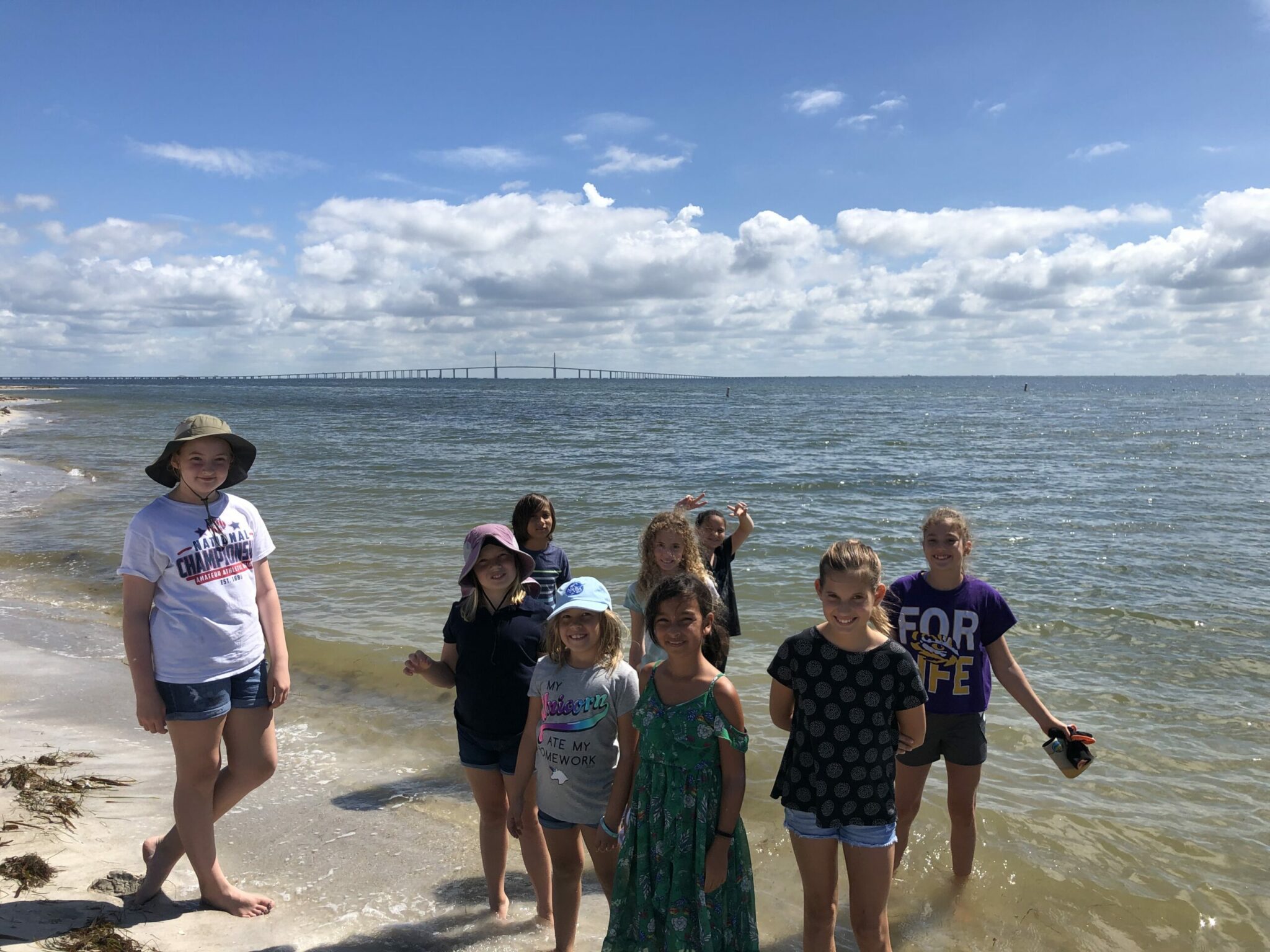At Indi-ED we understand the importance of engaging our students physically as a part of the learning process. We have read the research, such as a study published in Psychological Science, in which “brain scans showed that students who took a hands-on approach to learning had activation in sensory and motor-related parts of the brain when they later thought about concepts.”
What is most rewarding as a teacher at Indi-ED is getting to see that those physical experiences really do matter and in what way they impact how and what our kids learn. What is mind blowing is that when you see a 7 year old learn what public schools would have saved for 11 and 12 year olds, and you know it is because she has been given a variety of opportunities for hands on learning.

In just one of our cohorts within the first 90 days of school, the kids have been involved in at least 25 experiences, from collecting oral history to Facetiming two paleontologists in Mexico. At least half of those required us to travel outside of the school, for example, a trip to the American Stage to watch a play and interview the actors, a trip to the grocery store to calculate and compare unit rates, and a trip to Ft. Desoto to have a Socratic discussion about the arrival of explorers in the new world. These are in addition to the daily kinesthetic hands on activities such as dissecting the Declaration of Independence or sketching what we think the first submarine looked like by using the descriptive vocabulary from the historical fiction we are reading.

During one of our many outings I was approached by a parent of a small child who had been watching us and said, “I have to ask you what this is because it seems like a little utopia you have going on here.” As I glanced over my shoulder at my students lying in hammocks along the water’s edge basking in the sun as they memorized their presentations, I realized that this is in fact as close to perfection as I have seen when it comes to a learning environment that supports our children in a way that encourages lifelong learning.




